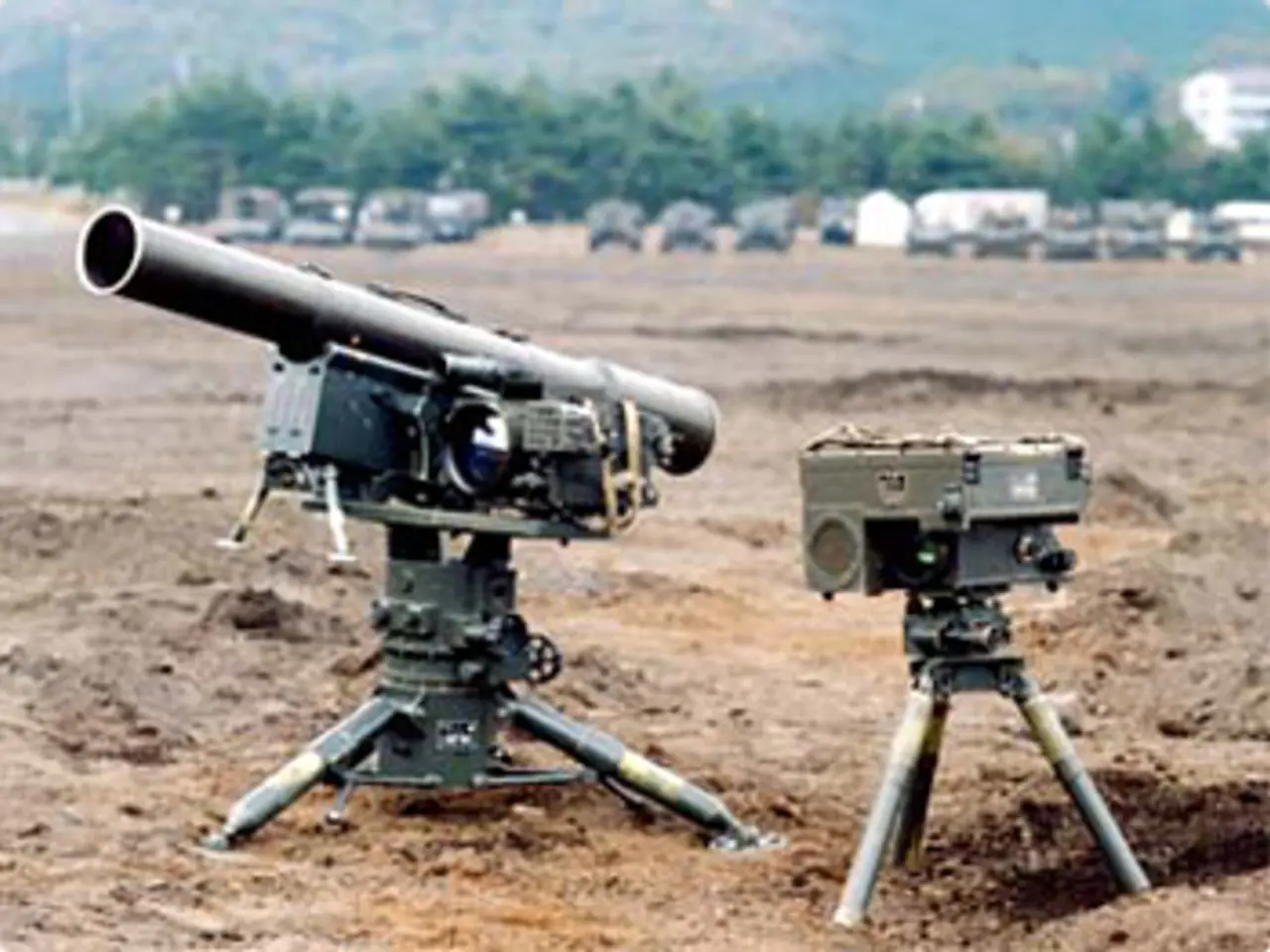Netanyahu's ambition: Gaining control over the entire Gaza Strip
Israeli Prime Minister Benjamin Netanyahu has announced a bold plan for the full occupation of Gaza City, marking a significant shift in Israeli control over parts of the Gaza Strip amidst ongoing conflict with Hamas. The Israeli Cabinet has approved this plan, signaling a formal commitment to extend military control in Gaza [1].
The proposed occupation carries several potential implications:
- Heightened Military Presence: With increased control, there is a likelihood of intensified clashes as Israeli forces establish a stronger presence in Gaza City.
- Increased Control over Administration, Security, and Borders: Israeli forces will have greater authority over Gaza's administration, security, and borders, potentially leading to changes in the daily lives of Gazan residents.
- Possible Humanitarian Consequences: The occupation could disrupt civilian life in Gaza, affecting supplies, movement, and infrastructure, with potential negative impacts on the local population.
Opposition to this plan is expected from various quarters:
- Hamas and Palestinian Factions: These groups will likely resist the occupation, potentially escalating armed conflict.
- International Actors and Humanitarian Organizations: There may be condemnation of the increased military action and occupation for worsening the humanitarian crisis in Gaza.
- Some within Israel: There could be concerns about the long-term feasibility and political costs of occupation.
Potential outcomes of the full occupation include:
- Prolonged Conflict with Significant Casualties on Both Sides: The occupation may lead to a prolonged and violent conflict, with potential loss of life on both sides.
- Difficulty Maintaining Stability and Governance in an Occupied Gaza: The occupation could create challenges for maintaining stability and effective governance in Gaza.
- Possible International Diplomatic Pressure for Ceasefire or Negotiations: There may be international pressure for a ceasefire or negotiations to resolve the conflict and alleviate humanitarian concerns.
- A Shift in the Dynamics of Israeli-Palestinian Relations: The full occupation could have far-reaching implications for regional security and the future of Israeli-Palestinian relations.
The Israeli military's concerns about endangering hostages if troops approach the places of their captivity too closely have been noted. However, it is not explicitly stated whether the military leadership agrees or disagrees with the full occupation plan [1]. The Israeli military has previously expressed concerns about the elimination of Hamas tunnels and bunkers, which could take years. Despite these risks, the military is reportedly willing to carry out operations in areas where hostages are being held.
This plan, with its potential for escalation and long-term consequences, highlights the complexity of the ongoing conflict in Gaza and the challenges that lie ahead for all parties involved.
[1] Based on media reports from The Times of Israel, ynetnews, and other sources.
- The announcement of a full occupation of Gaza City by Israeli Prime Minister Benjamin Netanyahu could result in increased coverage of war-and-conflicts in general-news, as the decision marks a significant shift in politics and control over parts of the Gaza Strip.
- In response to the proposed occupation of Gaza City, international actors and humanitarian organizations might take up the cause in news about politics, critiquing the potential humanitarian consequences that could result from the heightened military presence and changes in administration, security, and borders.







